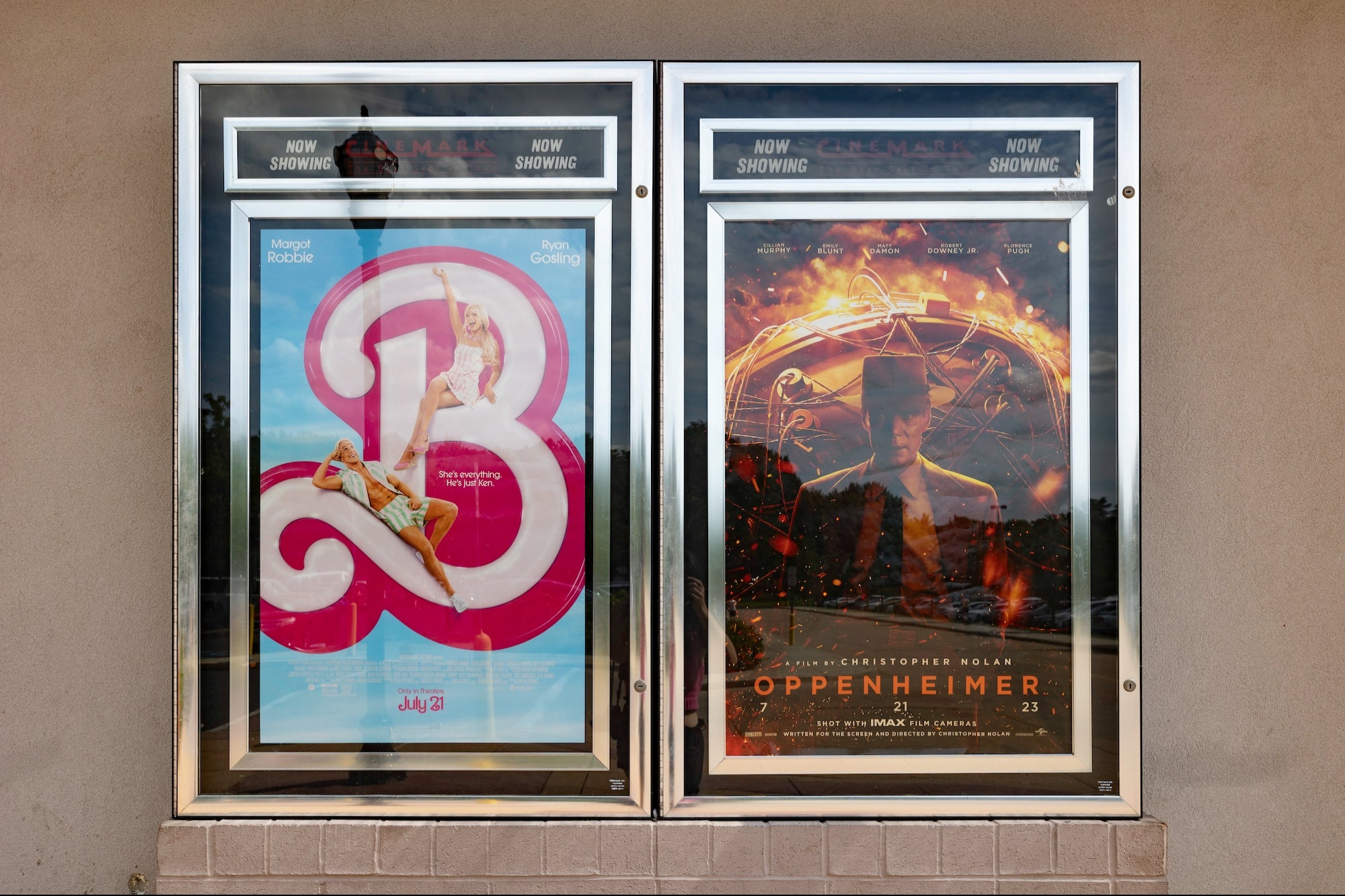Jumpstarting Blockchain Adoption Through EducationBlockchain education in India is still at its infancy
Opinions expressed by Entrepreneur contributors are their own.
You're reading Entrepreneur India, an international franchise of Entrepreneur Media.

Imagine you have no bank account. Think about what it would mean to have no way to transact business or to buy life's necessities, except with the currency you happen to have in your pocket.
In today's increasingly digital economy, functioning without a banking relationship is to be almost invisible. Indeed, it is difficult in any practical or official way to exist at all.
For roughly 280 million people in India, this is reality. India's national chamber of commerce, ASSOCHAM, estimates that about20 per cent of India's vast population does not have a banking relationship。That's nearly as many people as in the whole of the US.
Now imagine that a single technology, when applied to this problem, could deliver solutions virtually overnight at a relatively low cost.
That's the promise of blockchain technology in India.
So why isn't something with the potential to solve not only the enduring problem of the unbanked, and so many other problems associated with transacting business globally, seeing greater adoption?
Put simply, it's a problem of education. Blockchain technology is understood by far too few people in India.
About Blockchain
So what is blockchain? It is a decentralised way to create contracts and transact business that is secure and immutable. It removes the need for intermediaries, such as traditional banks or things such as conventional credit and debit cards.
Blockchain technology powers a number of emerging industries: from cryptocurrencies such as Bitcoin and Ethereum, to virtual goods such as non-fungible tokens, or NFTs, which artists increasingly use to protect their work, including original music and digital forms of artwork. Further, it enables businesses to create smart contracts and complete secure financial transactions more efficiently and at lower costs, especially across borders.
All of this could be a boon to small and growing businesses, as well as marginalised individuals in India and around the world.
Despite all this potential, however, blockchain technology is still nascent in India. Though the government ismounting an effort to promote and support the development of blockchain technologies in India, the country is far behind China and the US in terms of innovation and adoption.
Indeed, Chinaleads the world in blockchain-related patents, according to theWorld Intellectual Property Organization。它的blockchain service network, or BSN, is a vast, open-source infrastructure developers can use to create applications and solutions based on blockchain technology. It far exceeds any other government-sponsored blockchain initiative in the world at the moment.
Moreover, it is estimated that56 per cent of Indian businesses are moving towards blockchain technologyin one form or another. Those companies will need an army of experts to design, build, deploy, and maintain those innovations in the months and years to come.
What's to be done?
India can and should be doing better.
It already has a highly technical, highly educated workforce that is solving some of the world's biggest problems through technological innovation. Redirecting even some of this immense resource toward blockchain can be achieved by encouraging and promoting education at all levels.
Blockchain education in India is still at its infancy, however. There is a lack of subject-matter expertise and educational resources presented in localised languages. There is also a lack of awareness about the potential of blockchain to address widespread challenges and opportunities to solve persistent problems.
The result is that educational institutions, businesses, and everyday people aren't rising to the promise of the moment; they're not getting smart enough fast enough to seize a unique opportunity at a unique moment in history.
在学校,学院,大学,全集tions slowly ramp up educational offerings, individuals can and should seek out personal online learning opportunities, as those are growing fast. Online learning platforms like Udemy provide a number of foundational courses in the subject, empowering the individuals and businesses that want to learn and grow in this field. And while government initiatives continue to take root, people who wish to start or advance careers in blockchain, crypto, and web3 should seek out and join the many thriving communities that can be found on Discord, Reddit, and other social outlets.
There are big problems that need solving. We have the promising new technologies to solve them. We just need smart people to get smarter about blockchain and then seize the moment.











